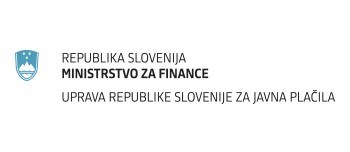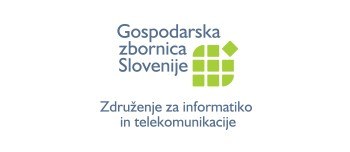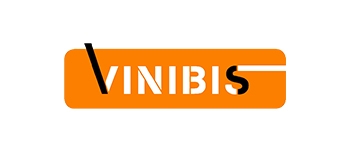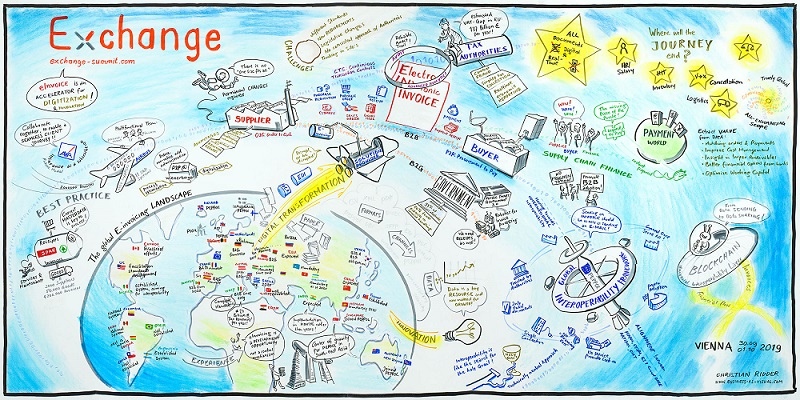The ROSE 2 project

eInvoicing and eProcurement are clear examples of how digital innovation delivers measurable advantages in terms of efficiency and economy for public administration, for citizens and for companies across Europe. Digital technologies are changing our world. It is time to adapt the single European market to the digital age.
Results of the ROSE 2 project
The project will be completed on 30 September 2020; its goals are:
- preparation of standardized electronic documents for purchase order and dispatch advice in eSLOG 2.0
- upgrading the content of the eRegistry of eInvoice recipients to include, in addition to the information on the eInvoices, information on ePurchase Order and eDispatch Advice
- promoting the use of eSLOG 2.0 electronic documents in eProcurement processes
- training of users and providers of software solutions for working with eSLOG 2.0
- upgrade of the public sector electronic documents exchange (PPA) and other procurement entities with full support for eSLOG 2.0 documents and analytics and control tools
Befefits:
Befefits:
- rationalisation and simplification of eBusiness in EU
- automatization of doing business with eSLOG 2.0 electronic documents
- reduction of the carbon footprint with a paperless environment
- increase transparency and risk reduction for irrational use of public funds
- opening public service markets in EU and increase competitiveness
- cheaper and high-quality public services for citizens and economy of Slovenia/EU
- the connection of institutions, citizens and economies of Europe for ensuring sustainable development, job creation and improving quality of lives
About CEF
About CEF
The project "Readiness Of Slovenian E-invoicing 2" (2019-SI-IA-0006) is co-financed by the European Union's Connecting Europe Facility (CEF). CEF Telecom is a key EU instrument to facilitate cross-border interaction between public administrations, businesses and citizens, by deploying digital service infrastructures (DSIs) and broadband networks. Supported actions will contribute to the creation of a European ecosystem of interoperable and interconnected digital services that sustain the Digital Single Market.









